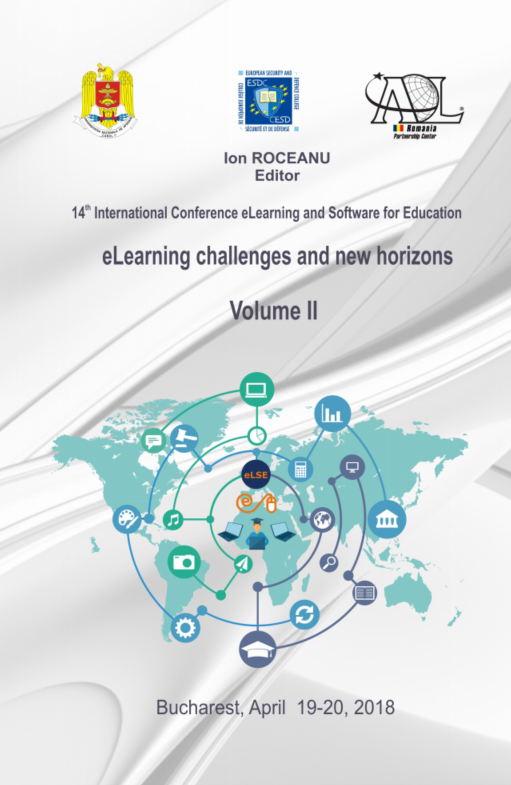Visions of Robots, Networks and Artificial Intelligence: Europeans’ Attitudes Towards Digitisation and Automation in Daily Life
Visions of Robots, Networks and Artificial Intelligence: Europeans’ Attitudes Towards Digitisation and Automation in Daily Life
Author(s): Cosima RUGHINIŞ, Raisa Gabriela Zamfirescu, Andrei NEAGOE, Razvan RUGHINISSubject(s): Social Sciences, Education
Published by: Carol I National Defence University Publishing House
Keywords: Attitudes towards digitisation and automation; robots; artificial intelligence; survey research; Eurobarometer;
Summary/Abstract: While digital technologies pervade and transform professional and personal worlds, their impact remains strongly differentiated across various social worlds. Generational, professional and national boundaries have been deeply transformed yet reproduced through the impact of digital technologies. In this study we examine recent results concerning the attitudes of Europeans towards digital technologies, in particular robots, social networks and artificial intelligence, relying on the Eurobarometer 87.1 survey conducted in March 2017. Several general tendencies signal high levels of concern framed within ambivalent evaluations and variable levels of information: more than 70% of respondents agree in part or totally that “robots and artificial intelligence steal people’s jobs”, still more than 80% agree in part or totally that “robots are necessary as they can do jobs that are too hard or too dangerous for people”. About 44% of employed respondents feel that robots threaten their current job, while about half consider that their work could not be accomplished by a robot. A majority of respondents would be uncomfortable in a driverless car in traffic, but more than half would be comfortable being assisted by a robot at work, or receiving goods with drones or robots. Still, less than half of the total respondents have received information about artificial intelligence in the last year, raising the issue of preparedness for a major social transformation. Despite increasing social and economic costs of cyberattacks, only about a quarter of respondents who use the Internet declare that they are willing to pay more for better security and privacy features in their IT products. These overall tendencies mask powerful differences across nations and generations. We present a profile of various social groups and we also discuss a cluster classification of respondents according to their technology awareness and attitudinal profiles.
Journal: Conference proceedings of »eLearning and Software for Education« (eLSE)
- Issue Year: 14/2018
- Issue No: 02
- Page Range: 114-119
- Page Count: 6
- Language: English

